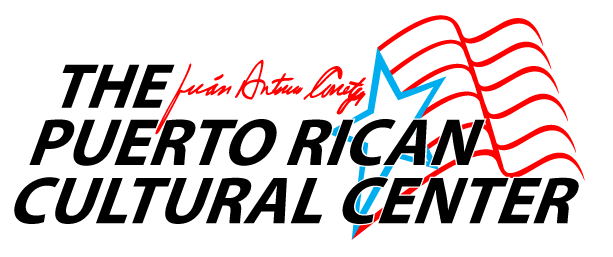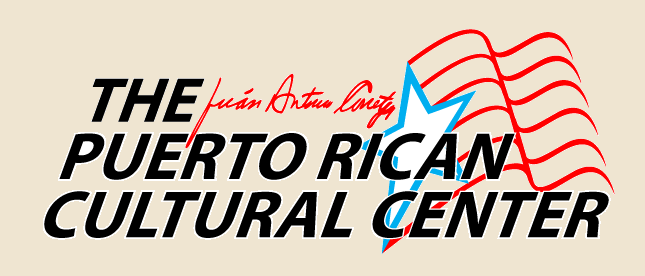On April 29, the United States House of Representatives approved the Puerto Rico Democracy Act of 2009 or Bill 2499, leading the push for a nonbinding referendum on Puerto Rico’s status with the U.S. Nothing is new and certainly, nothing is certain.
In 1998, the Young Bill passed through that branch of the U.S. legislature by one vote and stalled in the Senate. In response to the inaction of the U.S. government, under the pro-statehood regime of then-Governor Pedro Rosselló, an island-wide and nonbinding referendum was held. The option, “None of the Above” won. Twelve years later, another pro-statehood regime, now under auspices of Governor Luis Fortuño and his right-hand man, Resident Commissioner Pedro Pierluisi, who is the island’s only representative to the House, is pushing for another Congressional referendum. This time though, it passed the House by 273 votes, with 169 in opposition. Is this bill really providing democracy to Puerto Rico?
One problem: Puerto Rico has never, ever, in the entire 112-year history of the U.S. occupation of the island, has been allowed self-determination. Every organic act by the U.S. Congress has been without the full consultation of the Puerto Rico people.
The Foraker Act of 1900 removed the martial law inflicted on Puerto Ricans since 1898 and established a governor for the island – handpicked by the U.S. President, of course.
The Jones Act of 1917 imposed U.S. citizenship onto Puerto Ricans just in time to draft its men into World War I.
In the 1922, U.S Supreme Court case, Balzac v. Porto Rico (the U.S. changed “Puerto” to “Porto” to fit its linguistic needs after the 1898 invasion), the island legally was defined as “belong[ing] to, but…not a part of” the United States.” That legal standing of being an unincorporated territory has not changed, even with Public Law 600 signed by then-President Truman in 1951, allowing for the island to have a constitution. The only vote of that era was whether Boricuas wanted not to have a constitution or to have one. There was no option for a constitution as an independent or sovereign republic or any other status option for that matter.
By July 25, 1952 (the anniversary of the U.S. invasion) when Puerto Rico officially became the “Estado Libre Asociado” or “Freely Associated State,” and the Puerto Rican flag, which was illegal until then, became the official (and redesigned) symbol of this new “autonomous” territory, some believed that the island reached a new era. Though it was officially removed a year later from the list of colonial positions (at the request of the U.S government, not the Puerto Rican people) from the United Nation’s decolonization committee, the U.S. Congress still is the dominant force on the island. The Puerto Rican Constitution itself says that all Federal Laws supersede island laws. Thus, there is no “free association.” That is a bold face lie!
What is an even greater lie is the idea that Bill 2499 will provide democracy for Puerto Rico. The U.S. Congress has never granted a legally binding (meaning they are obligated to follow through) referendum for the Puerto Rican people to decide our future, despite having full constitutional authority on the island. Bill 2499 does not even provide a binding referendum for the island. It provides a two-step symbolic nonbinding vote. First, whether Puerto Ricans are content with the present status or not. If not, a second vote will be held with the options of Statehood, full Independence, Associated Republic (independence with some matters in the control of the U.S.), or, yet again, “Commonwealth.” To the lament of Fortuño, the “Commonwealth” option was tagged on last minute, which clearly contradicts the first vote, but is a clear message that the U.S. Congress is afraid that people will vote for statehood. Even the estadistas recognize that the U.S. is conducting a colonial enterprise on the island, benefiting through millions of dollars the Social Security benefits that Puerto Rican workers feed into the system, the billions of dollars spent on U.S. consumer products, and the multiple military installations.
Furthermore, what the pro-statehood movement is not telling the Boricua people is that the United States Congress, even if Puerto Ricans one day go insane and vote for statehood by an immense majority, does not have to grant it. It’s a nonbinding referendum! Moreover, even if the path to eventual statehood is made by the U.S. Congress, it could take nearly 100 years, as it did to states like Alaska and New México. Just like the 1922 Supreme Court case, Puerto Rico is like a T-shirt, to be taken off or buttoned up when convenient; it is just property that happens to have 4 million people. True democracy is allowing the Puerto Rican people to decide. Democracy is self-determination, not lies.
by Xavier “Xavi” Luis Burgos




